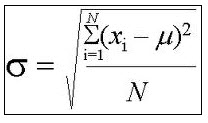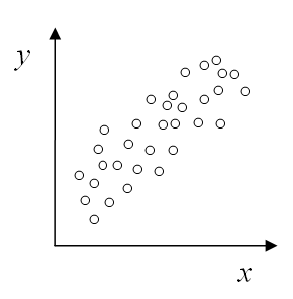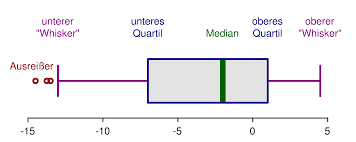Coefficient of Variation Calculator
Instructions: In order to use this Coefficient of Variation Calculator, please provide the sample data below and this solver will provide step-by-step calculation of the CV:
More About this Coefficient of Variation Calculator
The Coefficient of Variation (CV in short) is a typical measure of variation, which measures the relative variation in a sample with respect to the size of the mean. Indeed, it consider the size of the sample standard deviation in relative terms to the sample mean. The larger the CV, the more disperse the sample is, at least in relative terms.
The coefficient of variation is computed using the following formula
\[CV= \frac{ s}{ \bar X}\]How to Interpret Coefficient of Variation
The coefficient of variation represents what percentage of the mean the standard deviation is. In other words, the coefficient of variation indicates how large the standard deviation is in relation to the mean. If the CV is 0.45 (or 45%), this means that the size of the standard deviation is 45% that of the mean.
If what you need is to compute a measure of absolute dispersion, you may want to use this variance calculator . If what you need is to have a complete treatment of all the basic descriptive measures, including sample mean, variance, standard deviation, median, quartiles, etc, you can try our descriptive statistics calculator .



